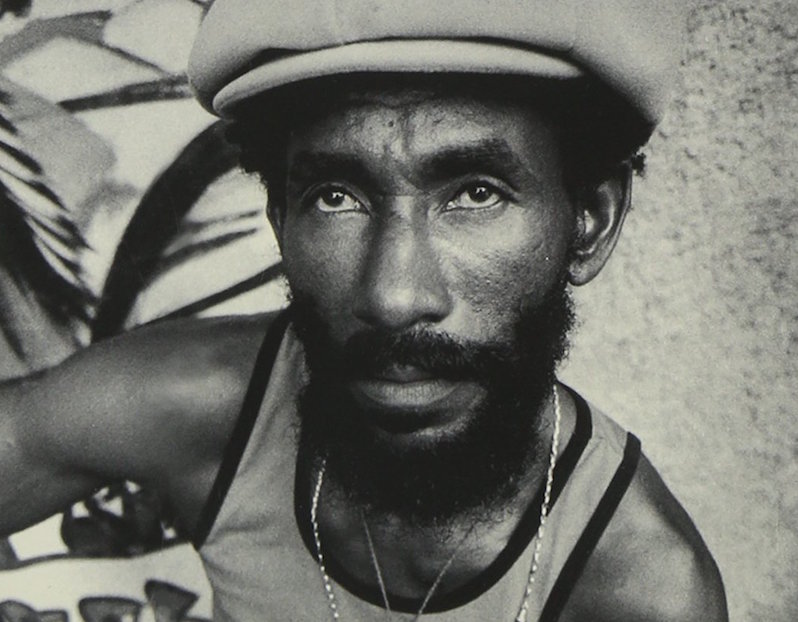

You can best hear this newfound clarity on album standout “Autobiography of the Upsetter.” While recent Perry tracks, like Orb collaboration “Ball of Fire,” could be a lot of fun, you’d be hard pressed to divine what his rambling vocal lines were actually about. And if Rainford, Perry’s new album, isn’t quite the Cash-esque late-period renaissance that producer Adrian Sherwood has compared it to, it is at least somewhere in the same ballpark, thanks to the album’s sympathetic contemporary production and personal appeal. Perry was married firstly to Paulette Perry, divorced in 1979, then in 1989 to Mireille Ruegg, who survives him with their two children.In this, Perry resembles a pre- American Recordings Johnny Cash, another artist whose continued output in the 1980s did little good for his reputation. Perry had also resided in Switzerland and died at the Noel Holmes hospital in Lucea, Jamaica.ĭJ David Rodigan said in tribute: “Lee ‘Scratch’ Perry has left us and the world of music has lost one, if not its most enigmatic creators an amazing, incomparable phenomenon whose sonic sound waves transformed our lives the Blackboard Jungle album alone stands as a beacon of his genius.” In 1977, punk band The Clash recorded “Police and Thieves”, a cover of a Junior Murvin track recorded at Black Ark Studios just the previous year.įollowing a period of depression and the destruction of Black Ark in a fire, the Eighties and Nineties saw Perry travelling across the US and Europe, bringing his music to audiences in wildly eccentric and psychedelic live performances.ĭavid Katz, author of the biography People Funny Boy: The Genius of Lee “Scratch” Perry (2000), says of his prolific oeuvre: “The recorded output of reggae shaman Lee ‘Scratch’ Perry forms something of a bottomless pit, a never-ending well of individual sounds that all bear his unorthodox hallmarks.” The Jamaican music scene always had strong connections with the UK through the Windrush generation and beyond.

Then I put my mind into the machine by sending it through the controls and the knobs. The machine must be live and intelligent. He said, “The studio must be like a living thing. Perry’s Black Ark Studios, built in 1973 next to his home in the Washington Gardens area of Kingston, became a hub of creativity over the next decade. Perry recalled: “I was playing the part of the prophet, and Bob was playing the part of the king to establish the music.” Two years later he began a collaboration with Bob Marley and the Wailers and went on to produce Marley tracks including “Soul Rebel” (1970), “Duppy Conqueror” (1971), and “Sun is Shining” (1971), transforming the local stars into a worldwide phenomenon. Perry performing at Coachella in 2013 (Getty) His repertoire of other samples included putting microphones in the base of a tree and thumping the trunk to produce a deep bass sound. The single is notable for its use of a crying baby as a sound sample, an early example of this technique. That same year he released “People Funny Boy”, a breakthrough for him and one of the first songs to cross over from rocksteady to a reggae rhythm. He was ready to create his own label, Upsetter Records.

A further nickname, “The Upsetter”, arose from another Perry tune, which included the lyrics “I am the avenger, you’ll never get away from me / I am the Upsetter.”īy 1968, Perry had left Studio One having already found widespread recognition within the world of Jamaican rocksteady and ska.

Perry acquired his first nickname from his work on the 1965 song, “Chicken Scratch”. When Dodd opened his renowned Studio One in Kingston in the early Sixties, Perry produced a number of songs for the new label, recording initially on a simple two-track tape machine. Leaving school aged 15, Perry began working in the music business, selling records for Coxsone Dodd, the founder of “Jamaica’s Motown”.


 0 kommentar(er)
0 kommentar(er)
